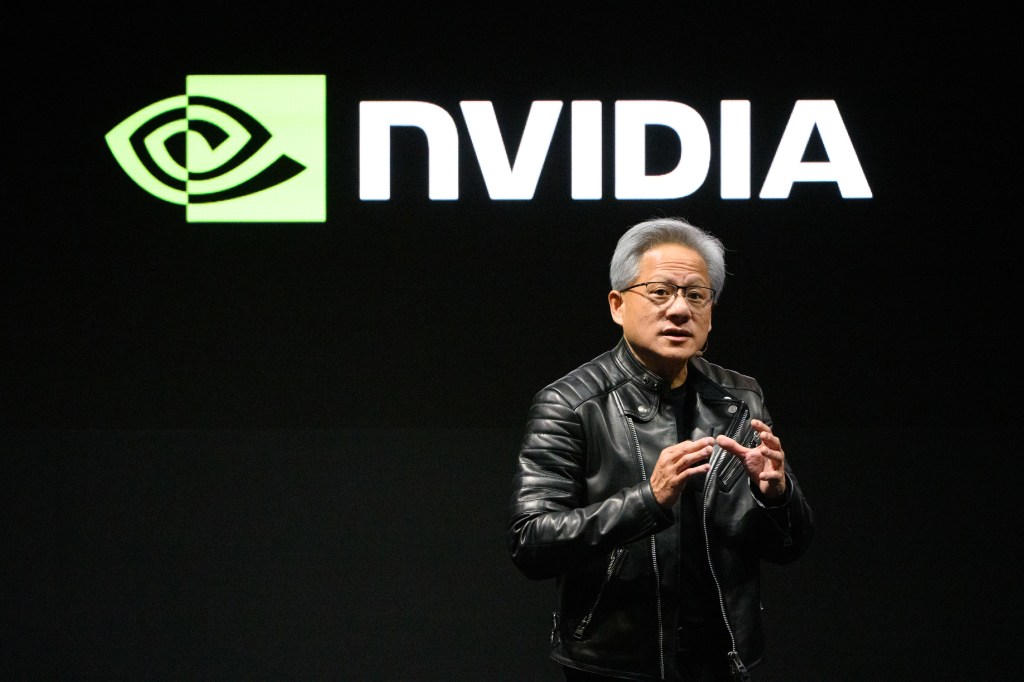Nvidia, currently the world’s most valuable company, has reported a significant increase in revenue for the latest quarter, driven predominantly by the expanding artificial intelligence (AI) sector. The company’s earnings statement revealed a revenue of $46.7 billion, marking a 56% rise compared to the same period in the previous year. This substantial growth is largely attributed to the company’s data center operations, which experienced a similar 56% year-over-year revenue increase.
The company’s net income also saw a notable rise, reaching $26.4 billion in the second quarter—a 59% increase from the corresponding period last year. This financial performance underscores the escalating demand for Nvidia’s advanced graphics processing units (GPUs) within the AI industry.
A significant portion of this revenue, $41.1 billion, was generated from data center sales, indicating the growing reliance of AI enterprises on Nvidia’s cutting-edge hardware. The company’s latest chip series, known as Blackwell, contributed $27 billion to these sales figures.
Jensen Huang, Nvidia’s CEO, highlighted the pivotal role of the Blackwell platform in the AI landscape, stating, Blackwell is the AI platform the world has been waiting for. The AI race is on, and Blackwell is the platform at its center. Huang also projected that AI infrastructure investments could reach between $3 to $4 trillion by the end of the decade, emphasizing the substantial growth potential in this sector.
The company’s collaboration with OpenAI was also noted, particularly in the development of OpenAI’s open-source GPT-OSS models. This partnership involved processing 1.5 million tokens per second using a single Nvidia Blackwell GB200 NVL72 rack-scale system, showcasing the efficiency and power of Nvidia’s hardware in handling complex AI tasks.
However, Nvidia faces challenges in the Chinese market. The company reported no sales of its H20 chip, designed specifically for China, to Chinese customers in the past quarter. Instead, $650 million worth of H20 chips were sold to a customer outside of China.
Historically, the United States has imposed restrictions on the sale of advanced GPUs to China. Under the current administration, Nvidia is permitted to sell chips to China, provided a 15% export tax is paid to the U.S. Treasury. This arrangement has been described by some legal scholars as an unconstitutional abuse of power.
During the earnings call, Nvidia’s Chief Financial Officer, Colette Kress, addressed the uncertainty surrounding this arrangement, noting that while some China-based customers have recently received licenses, no H20 devices have been shipped based on those licenses.
Despite these challenges, Nvidia remains optimistic about its future prospects. The company anticipates revenue of $54 billion in the upcoming third quarter, with a margin of error of 2% in either direction. This forecast does not account for any potential H20 shipments to China, indicating a cautious approach to the unpredictable geopolitical landscape.
Nvidia’s impressive financial performance reflects the company’s strategic positioning within the rapidly evolving AI industry. As AI applications continue to proliferate across various sectors, the demand for high-performance GPUs is expected to remain strong, solidifying Nvidia’s role as a key player in this technological revolution.



